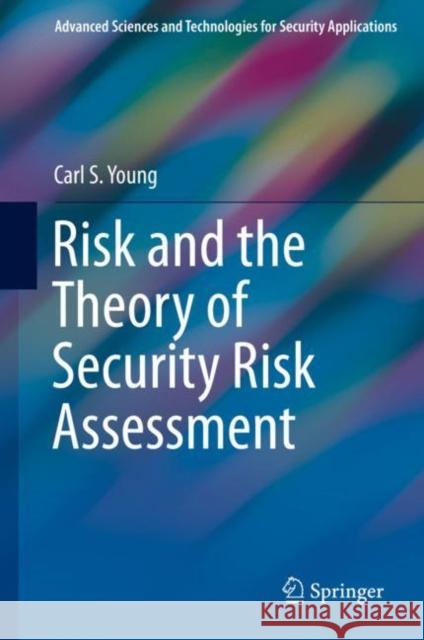Risk and the Theory of Security Risk Assessment » książka
topmenu
Risk and the Theory of Security Risk Assessment
ISBN-13: 9783030305994 / Angielski / Twarda / 2020 / 274 str.
Risk and the Theory of Security Risk Assessment
ISBN-13: 9783030305994 / Angielski / Twarda / 2020 / 274 str.
cena 563,56
(netto: 536,72 VAT: 5%)
Najniższa cena z 30 dni: 539,74
(netto: 536,72 VAT: 5%)
Najniższa cena z 30 dni: 539,74
Termin realizacji zamówienia:
ok. 16-18 dni roboczych.
ok. 16-18 dni roboczych.
Darmowa dostawa!
Kategorie:
Kategorie BISAC:
Wydawca:
Springer
Seria wydawnicza:
Język:
Angielski
ISBN-13:
9783030305994
Rok wydania:
2020
Dostępne języki:
Numer serii:
000307417
Ilość stron:
274
Waga:
0.59 kg
Wymiary:
23.39 x 15.6 x 1.75
Oprawa:
Twarda











